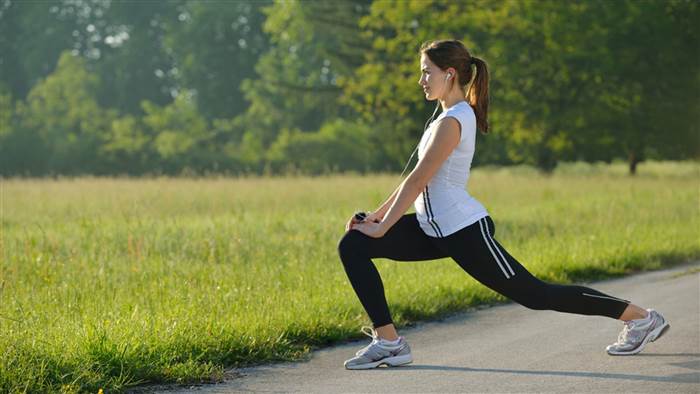MELBOURNE: Are you over 50 and showing signs of cognitive decline? Then doing moderate exercise several times a week is the best way to keep your mind sharp, research suggests.
Thinking and memory skills were most improved when people exercised the heart and muscles on a regular basis, a review of 39 studies found.
This remained true in those who already showed signs of cognitive decline.
Taking up exercise at any age was worthwhile for the mind and body, the BBC quoted Australian researchers as saying.
Exercises such as T’ai Chi were recommended for people over the age of 50 who could not manage other more challenging forms of exercise, the study in the British Journal of Sports Medicine said.
Physical activity has long been known to reduce the risk of a number of diseases, including type-2 diabetes and some cancers, and it is thought to play a role in warding off the brain’s natural decline as we enter middle age.
The theory is that through exercise the brain receives a greater supply of blood, oxygen and nutrients that boost its health as well as a growth hormone that helps the formation of new neurons and connections.
In this analysis of previous studies, researchers from the University of Canberra looked at the effects of at least four weeks of structured physical exercise on the brain function of adults.
In a variety of brain tests, they found evidence of aerobic exercise improving cognitive abilities, such as thinking, reading, learning and reasoning, while muscle training – for example, using weights – had a significant effect on memory and the brain’s ability to plan and organise, the so-called executive functions.
Joe Northey, study author and researcher from the Research Institute for Sport and Exercise at Canberra, said the findings were convincing enough to enable both types of exercise to be prescribed to improve brain health in the over-50s.
“Even if you are doing moderate exercise only once or twice a week there are still improvements in cognitive function, but the improvements were better the more exercise was done,” he said. (AGENCIES)


